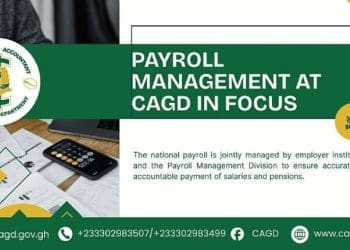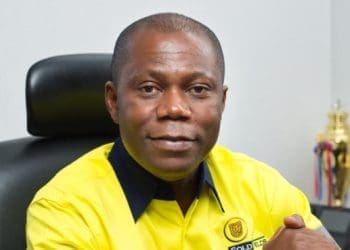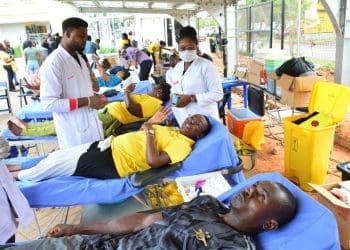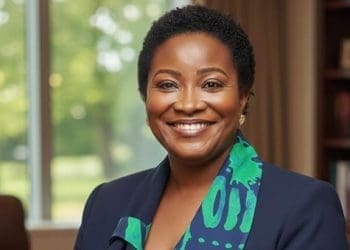Former Speaker of Parliament, Professor Aaron Mike Oquaye, has expressed strong criticism of Ghana and its recurring engagements with the International Monetary Fund (IMF), asserting that the country has gained little to nothing from the numerous programmes implemented under the Fund’s guidance.
According to Prof. Oquaye, Ghana’s repeated reliance on IMF interventions reflects a deeper structural weakness in the economy and a lack of long-term development planning.
Speaking at a public lecture in Accra by the Institute of Economic Affairs (IEA) Policy Dialogue Series on Ghana’s Natural Resource Management, he argued that successive governments have failed to harness the nation’s abundant resources for sustainable growth, instead turning to external financial assistance whenever fiscal challenges arise.
“The IMF Programme has not done us any good. IMF cannot save us. After two or three visits, if there was any succour in these programmes, we would have noticed by now and we would have been healed,” he stated.
The former Speaker, who is also a political scientist and statesman, cautioned that IMF conditionalities often prioritise short-term fiscal stabilisation over long-term economic transformation.
He cited examples of austerity measures—such as spending cuts, tax increases, and currency adjustments—that have historically hurt local businesses and burdened ordinary citizens.
Prof. Oquaye urged policymakers to adopt a more self-reliant economic model grounded in industrialisation, innovation, and prudent resource management.
He stressed the need for value addition in key sectors such as agriculture and mining, rather than continued dependence on commodity exports and foreign loans.
“If we seriously come to understand that this is a no-go area, we will begin to ask ourselves, what do we do? Is it by looking at our gold, oil, diamonds?” he asked.
Meanwhile, Ghana is well-positioned to exit the IMF $3 billion Extended Credit Facility (ECF) programme when it ends in May 2026.
Dr Johnson Pandit Asiama, Bank of Ghana (BoG), Governor Asiama said the country has started running ahead of programme targets on virtually all indicators, demonstrating a strong economic turnaround from the challenges experienced in the past few years.
Ghana is currently under its 17th IMF programme, which was approved in 2023 to stabilise the economy amid a severe debt crisis.
While the government insists the programme is necessary to restore confidence and fiscal discipline, critics like Prof. Oquaye believe it only offers temporary relief without addressing the underlying structural issues.
Economists remain divided on the matter, with some arguing that IMF interventions are vital for restoring macroeconomic stability, while others contend that genuine transformation can only come from homegrown solutions and disciplined governance.













